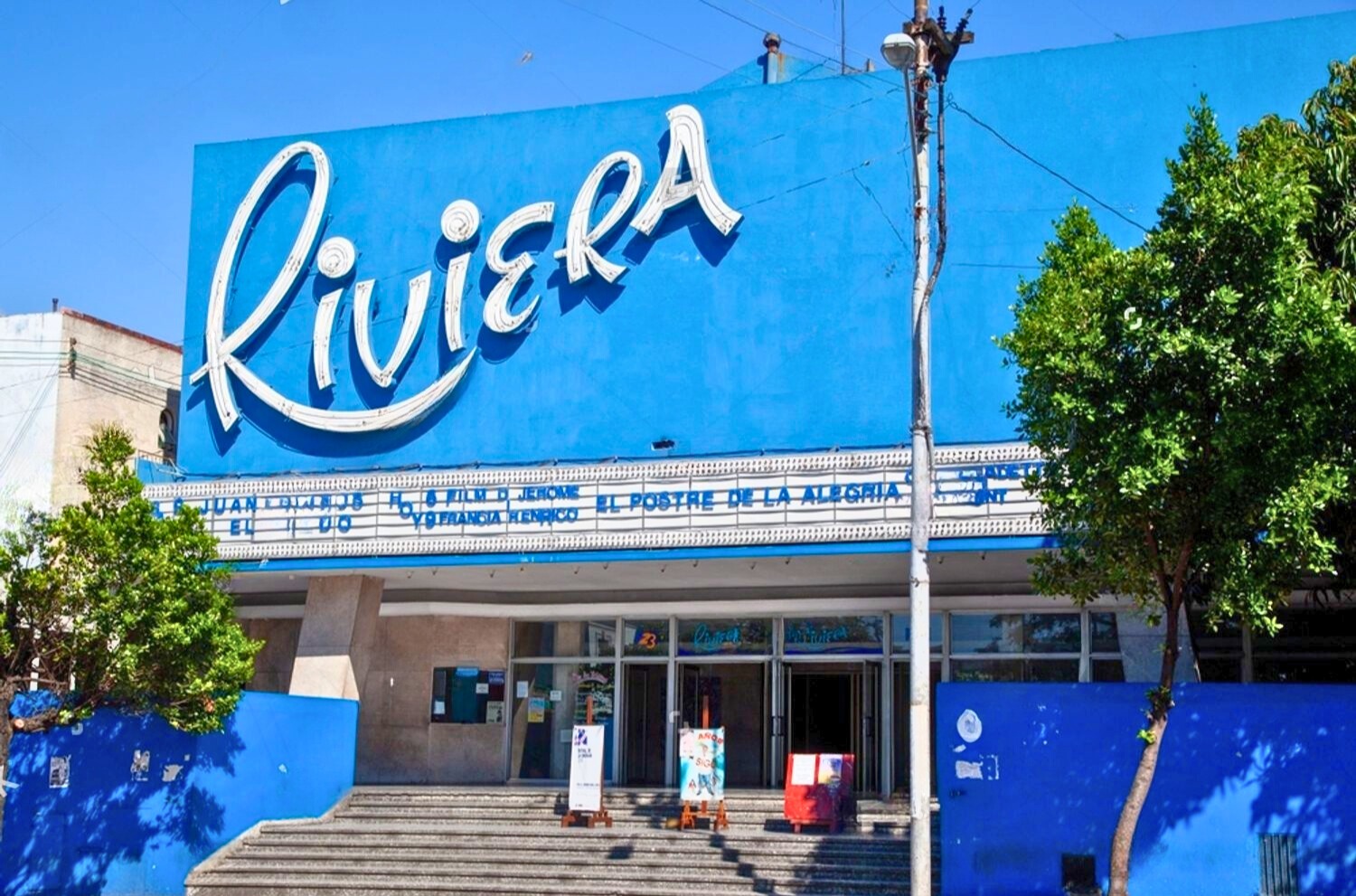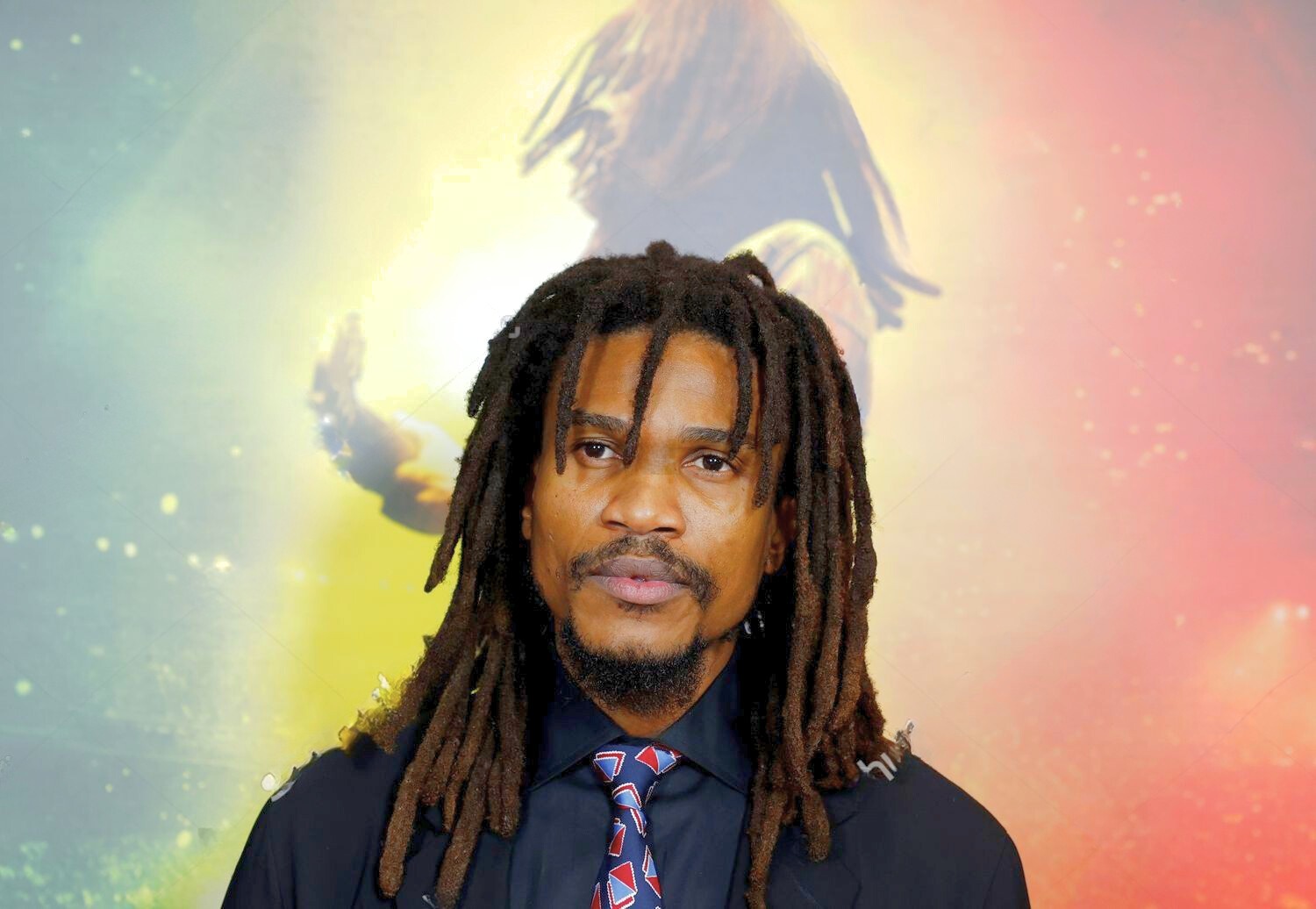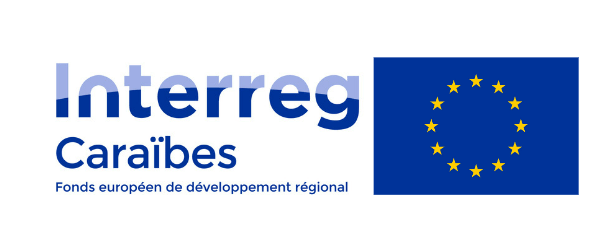In a significant boost for Caribbean cinemaThe 18th edition of the prestigious film laboratory, Nuevas Miradas, ended with eight Caribbean film projects receiving awards and support, thanks to the UNESCO-EU Transcultura program. This initiative, funded by the European Union, has played a key role in bringing Cuba, the Caribbean and the European Union closer together through culture and creativity.
The transcultura program: a catalyst for Caribbean cinema
The Transcultura program is a key element in the development of Caribbean cinemaoffering emerging filmmakers the opportunity to participate in major laboratories and events. This program is essential not only for developing local cinema, but also for connecting Caribbean countries, as they share similar histories and contexts.
Nuevas Miradas: a platform for young filmmakers
Organized by the Production Chair of the International Film and Television School in San Antonio de los Baños, Nuevas Miradas is one of the oldest and most prestigious laboratories in Latin America and the Caribbean. The event takes advantage of the presence of film industry representatives at the Havana International Film Festival to connect them with emerging filmmakers from the region, thus supporting the diversity of voices and stories in the
Caribbean cinema.
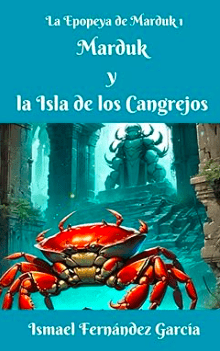
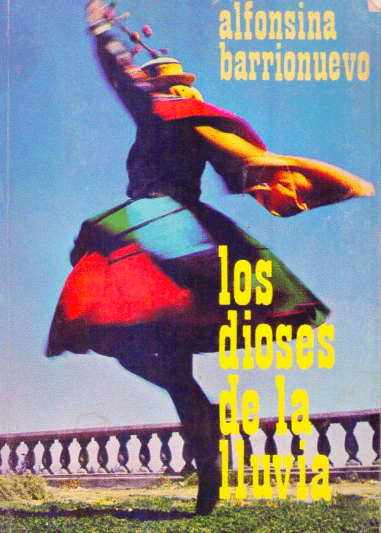

Award-winning projects: an overview of Caribbean storytelling
1. Escúchame – a documentary by Kevin Argudin (Cuba)
Escúchamedirected by Cuban filmmaker Kevin Argudin, is a documentary that explores the lives of individuals in Cuba, highlighting their struggles, hopes and daily realities. The project received direct access to the DocMx festival and support from Zafiro Cinema, recognizing its artistic quality and potential on the international scene, and contributing to the development of the Cuban film industry. Caribbean cinema.
2. El amor en tiempo de Bacanerías (Love in the Time of Bacanerías) – By Iván de Lara and Cristian Mujica (Dominican Republic)
Directed by Iván de Lara and produced by Cristian Mujica, El amor en tiempo de Bacanerías is a film that explores the complexities of love and relationships in the context of traditional Dominican festivals. The project received an invitation to the Cali Film Festival’s Producers and Film Projects Fair in Colombia, and an audience design consultation from the World Cinema Fund, reinforcing the project’s potential in the Dominican Republic. Caribbean cinema.
3. Non, je n’ai pas trouvé l’Eldorado – By Séphora Monteau and Wendy Desert (Haiti)
This Haitian film, directed by Séphora Monteau and produced by Wendy Desert, entitled No, I haven’t found El Doradois a poignant exploration of the quest for a better life and the disappointments that often follow. The project received coaching from Fonds Suisse Sud Est and advice on production and financing strategies from French documentary filmmaker Tancrède Ramonet, supporting the development of the Caribbean cinema.
4. La Isla de los Cangrejos (Island of the Crabs) – By Juan Carlos Guzmán and María José Martínez (Dominican Republic)
La Isla de los Cangrejosdirected by Juan Carlos Guzmán and produced by María José Martínez, is a fiction film that tells the story of a small island community struggling against environmental change and the impact of tourism. The project received script development support and was recognized for its unique storytelling, enriching the Caribbean cinema.
5. El Último Baile (The Last Dance) – By Carlos Pérez and Ana García (Cuba)
Directed by Carlos Pérez and produced by Ana García, El Último Baile is a documentary that captures the final days of a traditional dance troupe in Cuba. The project received funding for post-production and has been praised for its emotional depth and cultural significance, contributing to the richness of the Caribbean cinema.
6. La Lluvia de los Dioses (Rain of the Gods) – By David Fernández and Yamilé Alfonso (Guyana)
La Lluvia de los Diosesdirected by David Fernández and produced by Yamilé Alfonso, is a fiction film that combines mythology and reality in a Guyanese village. The project received a location scouting and pre-production grant, highlighting its innovative storytelling and enriching the Caribbean cinema.
7. El Silencio de las Olas (The Silence of the Waves) – By Rafael Ramírez and Lucía Hernández (Saint Kitts and Nevis)
Directed by Rafael Ramírez and produced by Lucía Hernández, El Silencio de las Olas is a documentary that explores the lives of fishermen in St. Kitts and Nevis, focusing on the challenges they face and their connection to the sea. The project received sound design support and was recognized for its cinematic beauty, contributing to the diversity of the Caribbean cinema.
8. La Casa de los Abuelos (The House of the Grandparents) – By José Luis Morales and Elena Rodríguez (Dominican Republic)
La Casa de los Abuelosdirected by José Luis Morales and produced by Elena Rodríguez, is a fiction film that tells the story of a family reunion in a traditional Dominican home. The project received funding for editing and was praised for its family-centric storytelling, enriching the Caribbean cinema.
Professionalizing young filmmakers
The Nuevas Miradas event not only contributes to the advancement of projects, but also serves as a platform to boost the cinematic careers of participants, in line with the objectives of the Transcultura program, which aims to support the diversity of voices and stories in Caribbean cinema.
Impact on the Caribbean film industry
Spaces like Nuevas Miradas are essential for presenting and internationalizing projects in their early stages of development. According to Yamila Marrero, General Coordinator of Nuevas Miradas, “A program like Transcultura, which enables emerging filmmakers to take part in major laboratories and events like Nuevas Miradas, is essential for developing our industry. Caribbean cinemabut also to connect with other Caribbean countries, as we share similar histories and contexts”.
Wendy Desert, Haitian director and producer, emphasized that “the event not only contributes to the advancement of projects, but also serves as a platform to boost the cinematographic careers of participants, in line with the objectives of the Transcultura program”.
The UNESCO-EU Transcultura programme has once again demonstrated its commitment to fostering the growth and international recognition of Caribbean cinema. En soutenant ces huit projets de film, le programme garantit que les histoires et les perspectives uniques de la région des Caraïbes soient entendues sur la scène mondiale. Alors que l’industrie cinématographique caribéenne continue d’évoluer, des initiatives comme Nuevas Miradas et le programme Transcultura restent cruciales pour nourrir les talents et promouvoir la diversité culturelle du Caribbean cinema.

